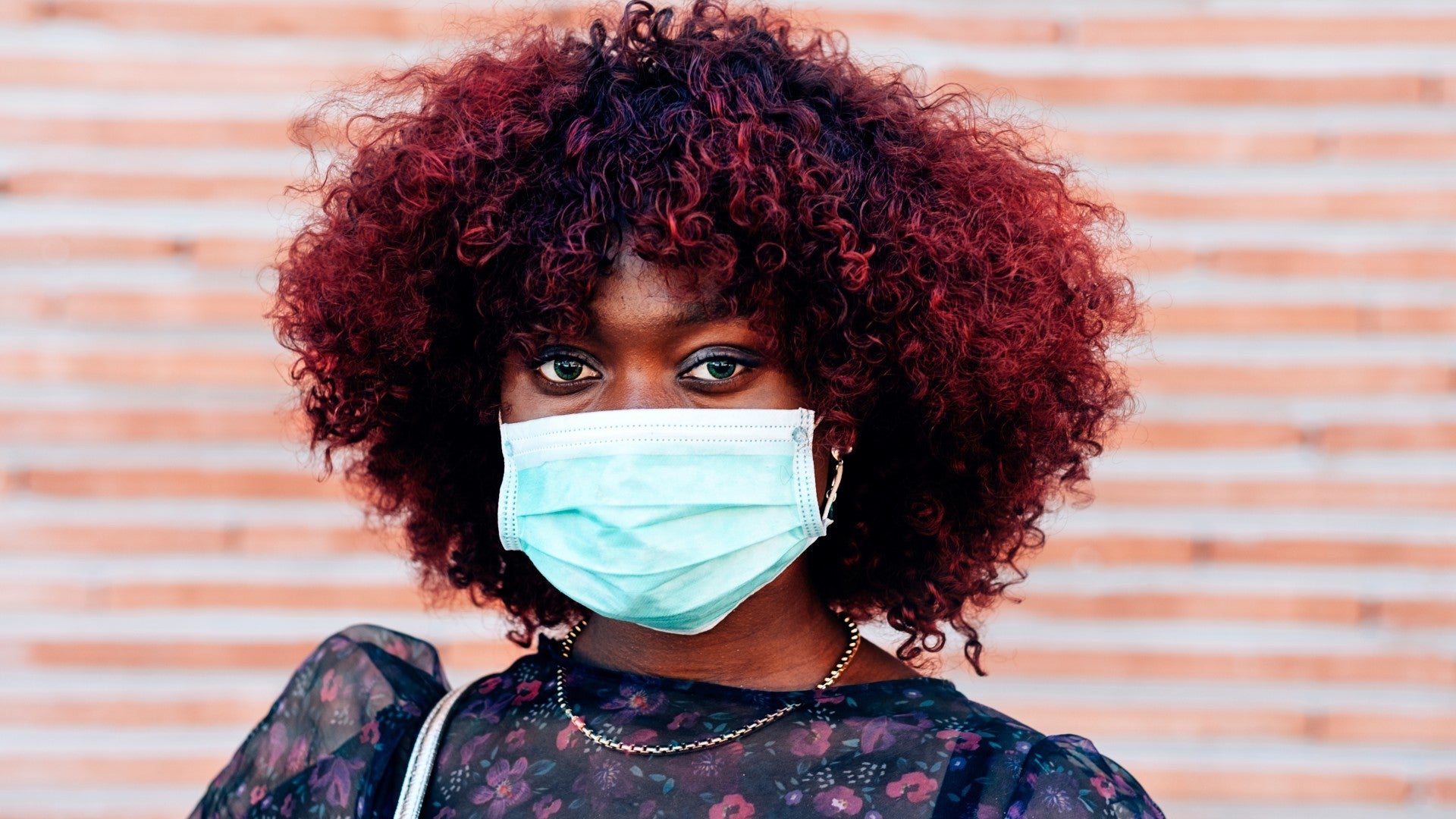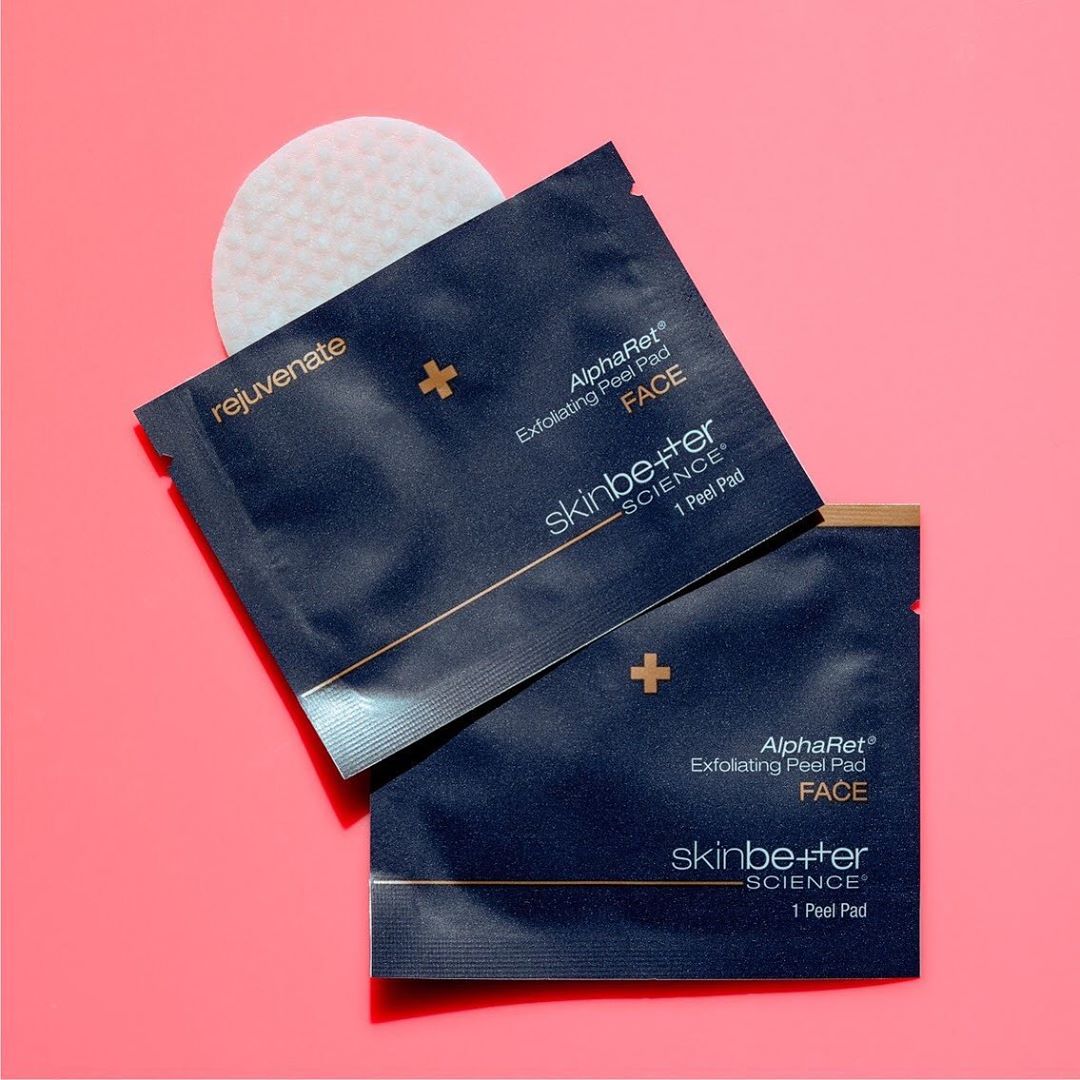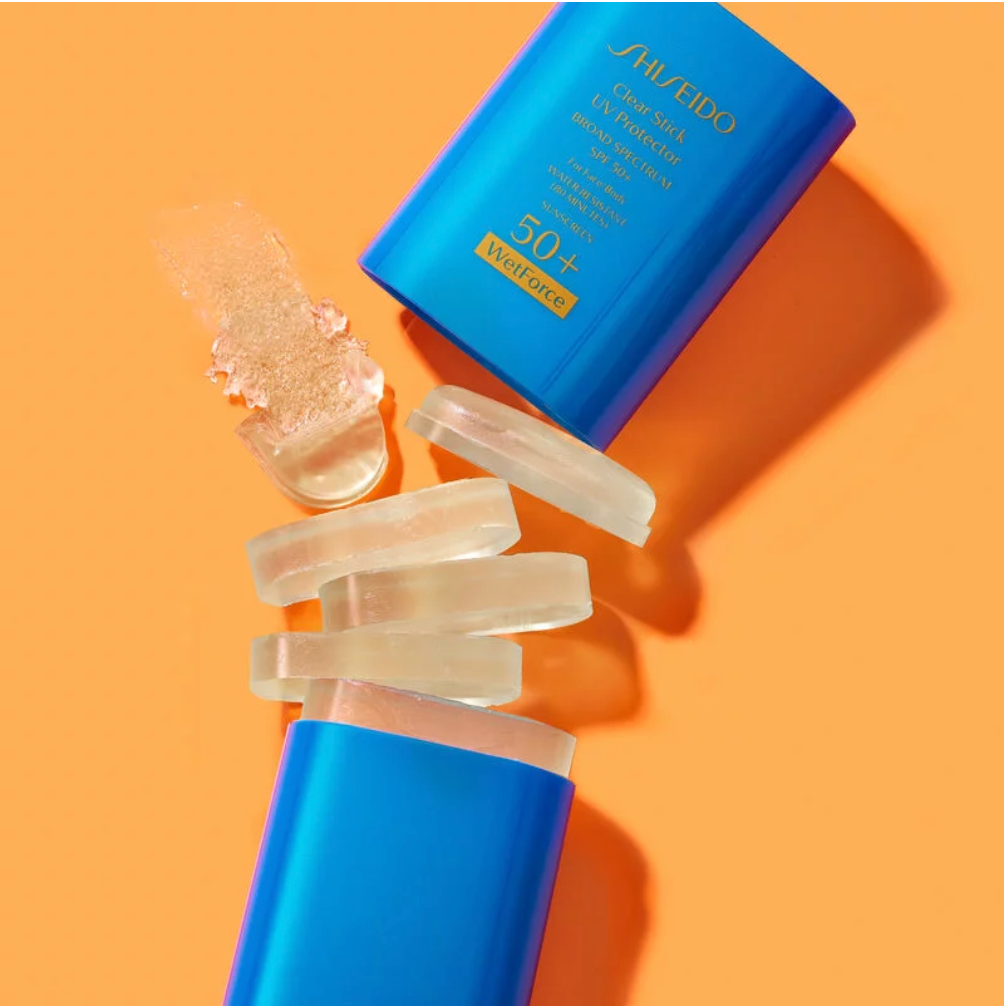
While one of our biggest concerns today is taking shelter from tropical storm Isaias, these past few weeks have been more about keeping cool and sweat-free during the summer heat.
Safety is key and wearing a mask is paramount during the pandemic, but it’s also cumbersome and can cause skin concerns—and our chins have been bearing the brunt of these issues. And for dark skin tones prone to post-inflammatory hyperpigmentation, it’s really important to keep blemishes from budding.
According to board certified dermatologist Ava Shamban, as the weather heats up, clients are starting to see their chins at their worst when they un-mask. As she works with a diverse clientele at her Ava MD practices in Santa Monica and Beverly Hills, she understands the nuances and special needs of Black skin and skin of color. So she has helpful tips to help us all beat breakouts and keep our chins from becoming a breeding ground for acne this summer.
Exfoliate the chin daily with a multi acid complex. Shamban recommends Skin Better Exfoliating Peel Pads.
(Instagram/@skinbetter)

Use a cleanser with bacterial eliminating elements such as triclosan, tea tree oil or azelaic acid.
Spot treat the area nightly with a salicylic acid or benzoyl peroxide product and tone with a gentle retinol toner. “Dark skin specifically should look for micronized formulas which will penetrate better and deeper into their thicker layer of dermis and be effective but less irritating,” says Shamban.
Add light. Neutrogena’s Light Therapy Acne Spot Treatment with red and blue lights will help target inflammation and bacteria.
Eliminate dairy and dairy alternatives, which have been known to contain certain proteins that cause breakouts.
Carry anti-bacterial facial cloths with you so you can wipe every time you remove your mask.
Use stick SPF only, or a super light quick dry spray sunscreen. And use it daily, mask or no mask. For people of color, an oil-free sunscreen is a must.
(This Black Girl Approved sunscreen does contain some mineral oil)

Try a post mask ice roller after cleansing to eliminate redness and inflammation.
If you want to use a cloth mask, go for a natural fiber or use a mask filter. And don’t forget to clean the mask daily with gentle chemical and fragrance free cleanser. If using a disposable mask, discard after every use. Shamban says, “Since people of color are much more likely to have hyperpigmentation results, the covering of the mask can actually serve as an additional ‘protective’ barrier while products are in use—especially if you are using a UV protectant mask. I guess one can try to see this as a silver lining.”